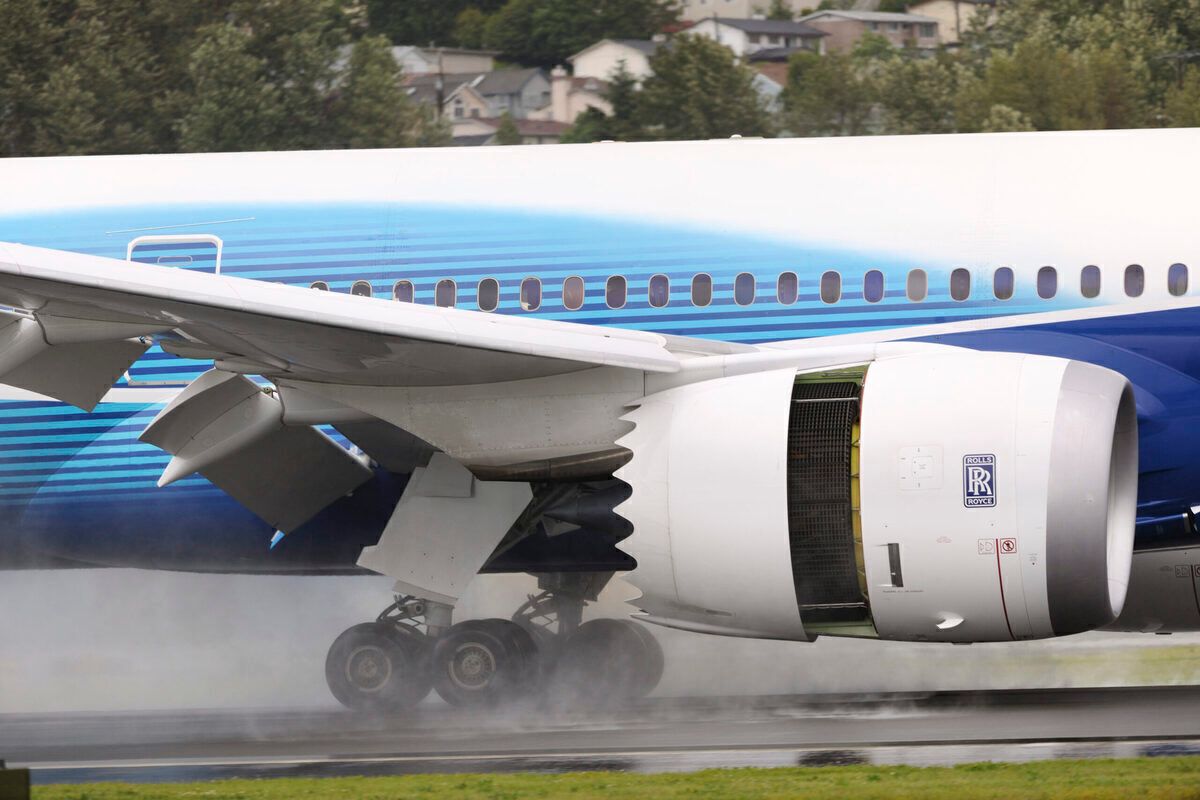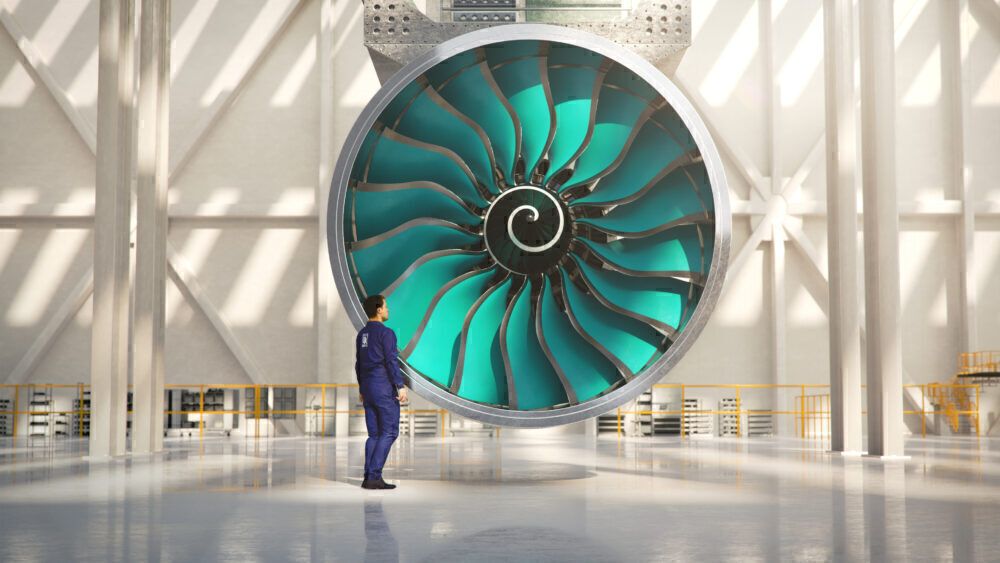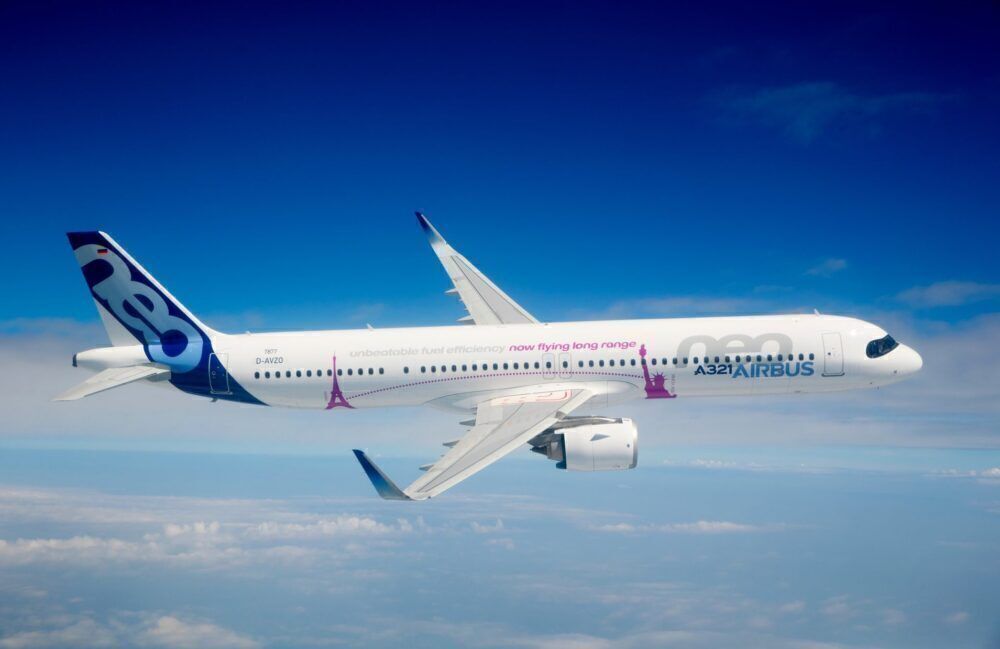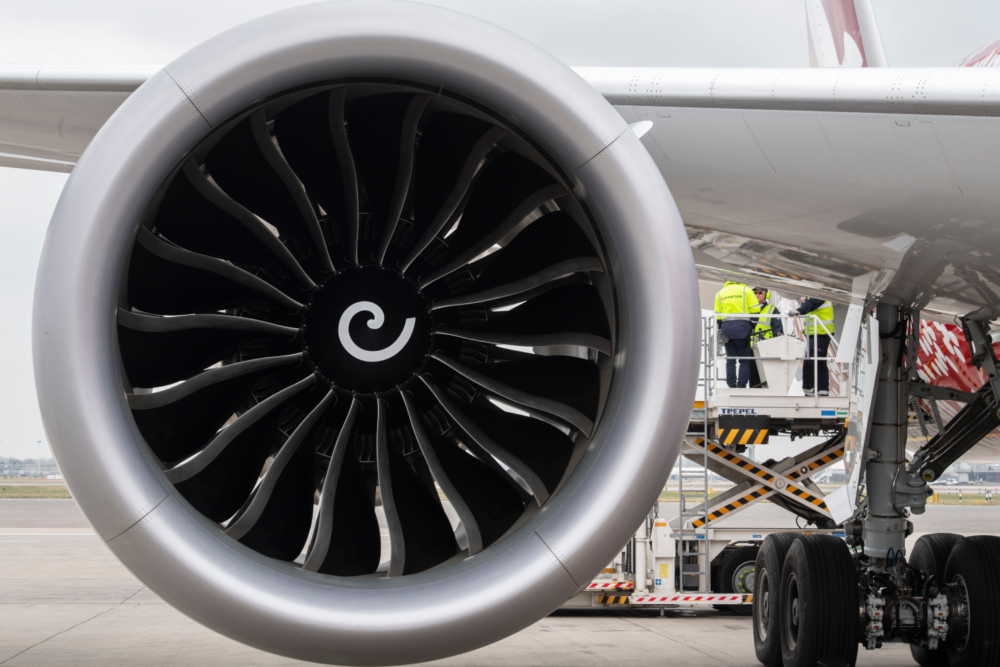During its annual meeting on Thursday, Rolls-Royce CEO Warren East mentioned that his company is in talks with Boeing regarding opportunities to power a new aircraft. This news is slightly different from the previous understanding that the UK engine manufacturer would not be providing engines for Boeing's NMA.
In dialogue with Boeing
According to Bloomberg, Rolls-Royce (RR) is in talks with Boeing regarding its new aircraft program, presumed to be the NMA (new midsize airplane) and anticipated to be designated the 797.
During Rolls-Royce's annual meeting on Thursday, CEO Warren East was quoted to have said:
“It is fairly well documented that Boeing is exploring the opportunity for a new aircraft...like the other engine manufacturers, I am sure, we are in dialog with Boeing about that.”
Simple Flying recently reported on Rolls-Royce's progress with its new and exciting UltraFan program. The company hopes that this impressive powerplant will power both widebody and narrowbody aircraft - versatility that would match the nature of Boeing's NMA.
Stay informed: Sign up for our daily and weekly aviation news digests.
The difference that two years can make
This latest news is a sharp turnaround from what we heard back in 2019 when Rolls-Royce withdrew its bid to supply powerplants for Boeing's upcoming NMA. Gulf News notes that at the time of the decision, Rolls-Royce believed its UltraFan engine would not be ready in time.
Of course, timelines have shifted. With Boeing hit hard by the 737 MAX crisis and then the global health crisis, priorities have been shuffled around. Indeed, Boeing CEO Dave Calhoun decided to scrap the program after taking the top position at the company, opting to start clean. In January 2020, the company chief said the following during an earnings call:
“Since the first clean sheet of paper was taken to it, things have changed a bit … the competitive playing field is a little different...We’re going to start with a clean sheet of paper again; I’m looking forward to that,” -Dave Calhoun, CEO, Boeing via Reuters
Other manufacturers still in the running
Of course, as noted by Rolls-Royce's CEO, Boeing is in dialogue with more than just the one engine manufacturer. It wouldn't be a huge stretch of the imagination to suspect that other respected engine makers such as General Electric (GE) and Pratt & Whitney (PW) are also currently in talks.
This was certainly the case back in 2018 when FlightGlobal reported that the three engine companies (RR, PW, and GE) had been engaged in talks with Boeing on the NMA, with Boeing Commercial Airplanes marketing vice-president Randy Tinseth saying, “We have now brought in all three engine manufacturers...They’ve all brought proposals and they’re all coming at the challenge in slightly different ways.”
Fast-forward to April 2021, and the company's CEO has only mentioned that efficiency gains might need to come more from the engineering and structure of the aircraft, saying:
"Most often when a new airplane is developed by either side, it is usually developed around a propulsion package that offers 15% to 20% improvement with respect to efficiency versus what it's displacing. That's the way it's happened over a long period of time. I don't believe the next generation of engine can deliver that kind of performance."
Despite any earth-shattering NMA news with the mention of Boeing by Rolls-Royce, it's exciting to hear that the highly-anticipated UltraFan could be in the running to power the future jet.
Do you think Boeing's NMA should have a sole-source powerplant (similar to the 737 MAX and Airbus A220)? Or should multiple engine options be available (similar to the Boeing 777, 787, and Airbus A380)? Let us know your thoughts in the comments.




